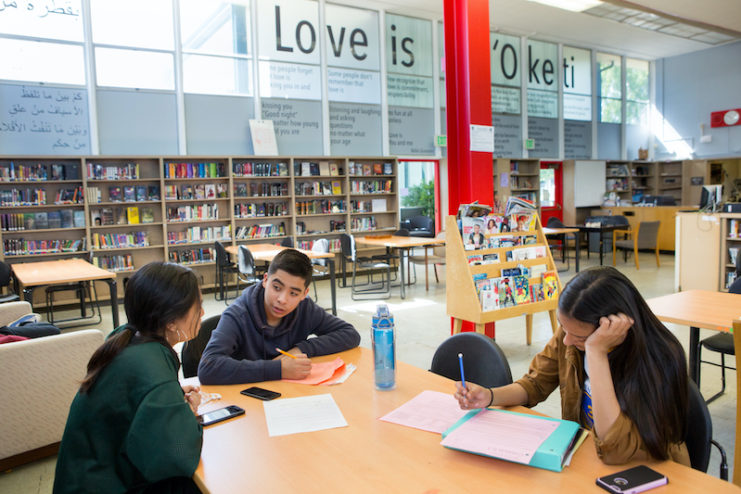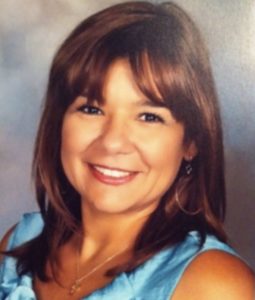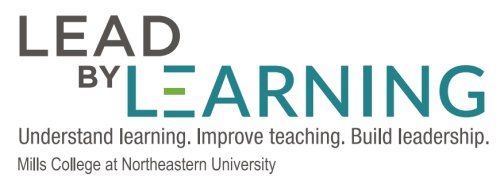
Raising our voices: Equity of voice in partner conversations
This year of inquiry began for me with a focus on peer talk routines. Our Mills Teacher Scholars (MTS) inquiry group at Encinal Jr. and Sr. High School was focused on supporting students in engaging more deeply in academic discourse, and I saw peer talk routines as an important vehicle for supporting my students – especially my English Language Learners – in developing a stronger understanding of the literacy content we were working with. I set about chunking my lessons to include times when my students would engage in an A/B partner talk routine (Partner A and B sharing ideas according to a specific protocol) that would be the focus of my inquiry, and collecting video data to see what happened within these conversations. I was hoping students would develop a facility with academic language in these discussions, and become aware of how these talk routines helped them learn content.
What I saw, however, as I began looking at my videos, was a pattern that gave me pause; I saw repeatedly that my students of color deferred to the opinions of their white partners in the conversations. This observation brought into stark relief a profoundly meaningful and personally urgent issue that shifted my focus to a deeper place than my initial focus on academic language and literacy content. With time to reflect with my inquiry group colleagues, I realized that beyond the particular piece of academic language or content the students were working with, I wanted students to listen to one another and find a way to validate their partner’s opinion before sharing their own. I wanted them to walk away from the conversation with an appreciation of what they learned from their partner and an appreciation of their own contribution. It’s not about the sentence frames. It’s about equity of voice.
Guided by this new understanding, I decided to confront the issue of equity explicitly with my students.As a woman of color, I know the experience of having my voice silenced, and I wanted my students to hear from me about that.Though it would take courage to be vulnerable in front of my students, I felt it was important to be honest and open about my experience. There is power in story, power in connecting one’s experience with that of someone else’s. If we were to go on this journey together, it needed to be authentic and with a deep sense of collective purpose. So I shared with my students some reflections about what it was like for me to be one of a few Mexican-American girls in a predominantly white elementary, middle, and high school, and later as an adult in undergraduate school, graduate school, and career. And that though I am an outgoing and generally confident person, speaking in front of a mostly white audience or to a white peer, even today, isn’t easy, can be intimidating, but that I push myself to share my perspective and voice so my perspective is represented and heard. From there, I explicitly named the inequitable dynamic that I had observed in their partner conversations and that our goal together was to shift to more equity of voice. This set up a clear purpose for a new A/B partner protocol that I designed so that after the first person shared, the second student would paraphrase and acknowledge what their partner had said, and the first person would agree with the paraphrase or clarify if the paraphrase was not complete enough or accurate. Then the second person would agree with and build on, or present another perspective if it differed. Afterward, they could engage in free discussion about their perspectives or interpretations while acknowledging and building on, or presenting a new perspective.
The video of the partner conversations immediately following this discussion showed remarkable progress. One of my focal students – an English Language Learner who was typically quiet and deferential towards her white conversation partner – particularly stood out to me. After an exchange in which she shared an opinion and her partner shared a response, my focal student said “You rejected my opinion!” This led her partner to reflect on what he had said, and they had a meaningful back and forth discussion about her idea. This was way beyond sentence frames!
As we grapple with the unprecedented challenges of distance learning, issues of equity and access are at the fore. My work around equity of voice in partner conversations in the classroom feels more relevant than ever in this context. I continue to collaborate with my colleagues and my students about ways to have more equitable conversations that encourage us to step up, step back, reflect on what we learn from one another, and become more aware of the power of our own voice.

Lydia Martinez has served as a Literacy and English Language Development Specialist in the Alameda Unified School District for the past five years. She has been an English teacher, a Peace Corps volunteer in Nepal, and a life-long proponent of equity in schools.
